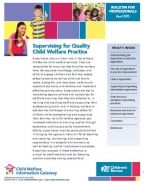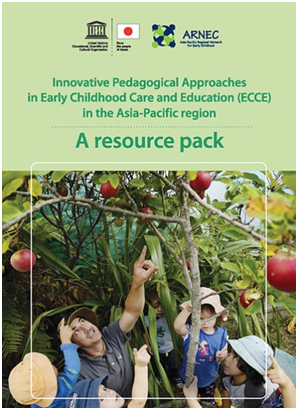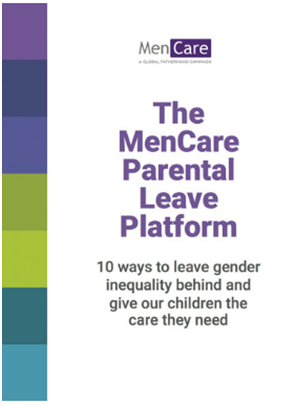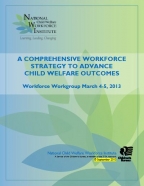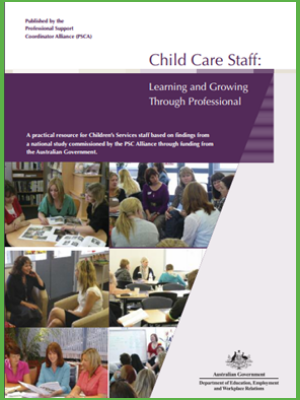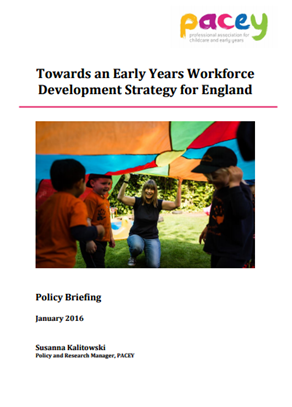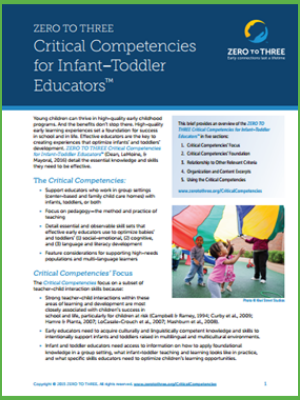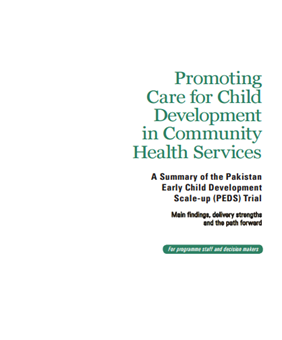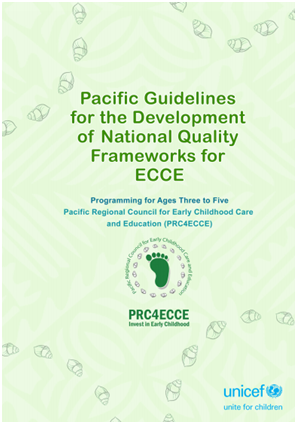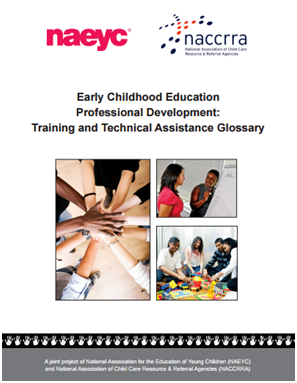Summary:
Professional preparation and ongoing professional development (PD) for the early childhood education workforce is essential to providing high-quality services to children and families. Consistent terminology and definitions related to PD methods, roles, knowledge, and capabilities have emerged as a critical issue for the early education field. Recently, states have experienced new early childhood education system challenges and needs related to training and technical assistance (TA). The urgency of these issues grows, particularly as states increase their focus and work on quality improvement activities, including quality rating and improvement systems (QRIS).
To support related efforts, the National Association for the Education of Young Children (NAEYC) and the National Association of Child Care Resource and Referral Agencies (NACCRRA) jointly developed this glossary of professional development, training, and technical assistance (TA) terms. Additionally, NAEYC and the Alliance of Early Childhood Teacher Educators (a collaborative effort of the National Association of Early Childhood Teacher Educators and ACCESS–Associate Degree Early Childhood Teacher Educators) will continue to explore and develop national education-related definitions as a companion to this training and TA glossary.
